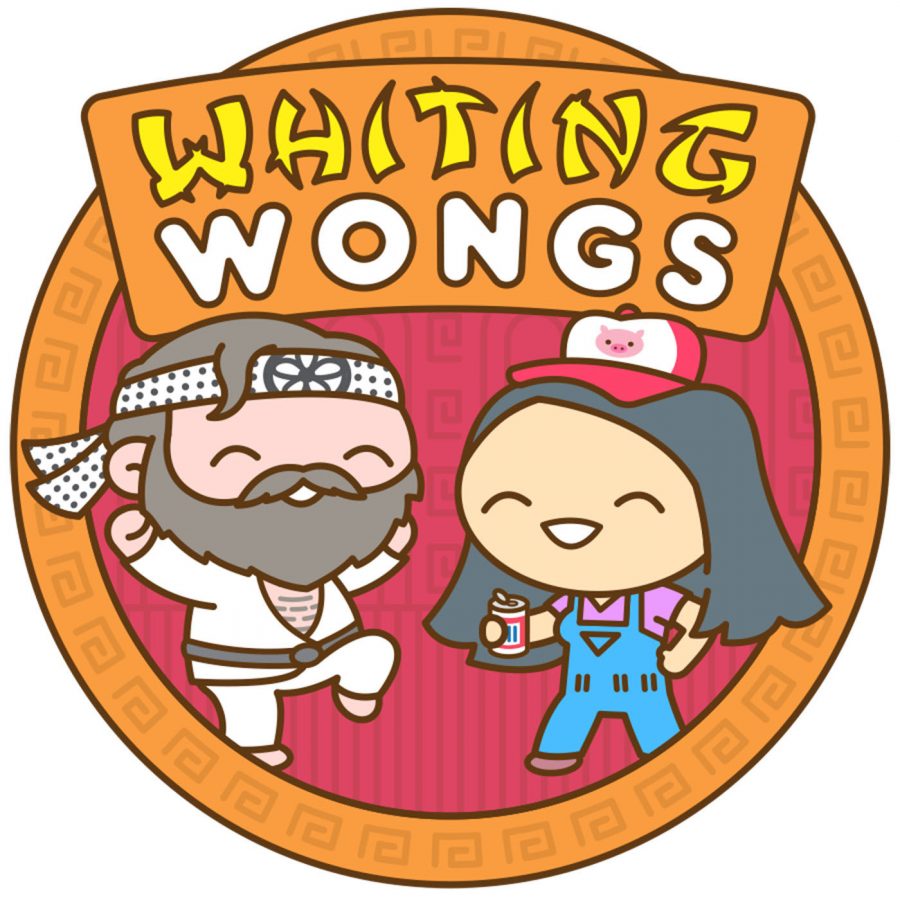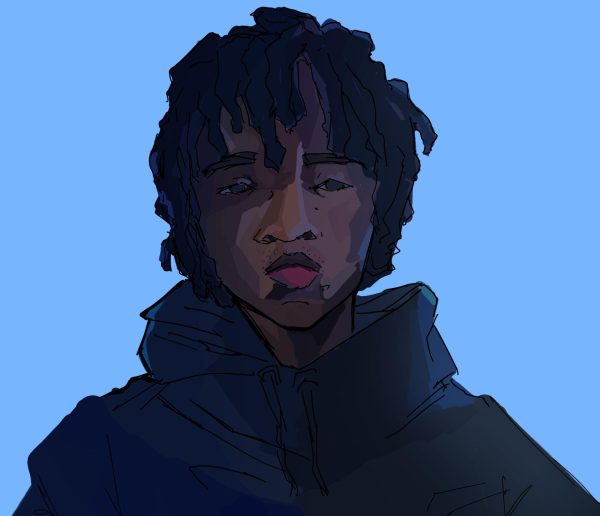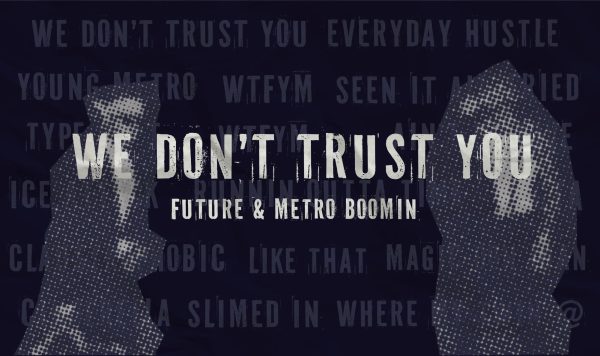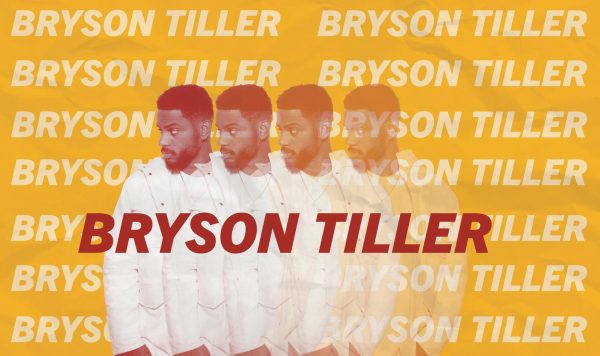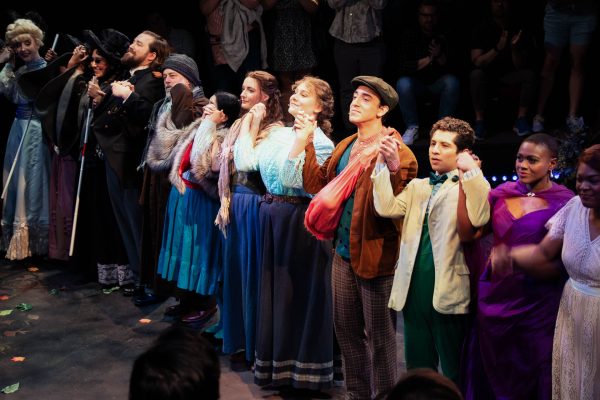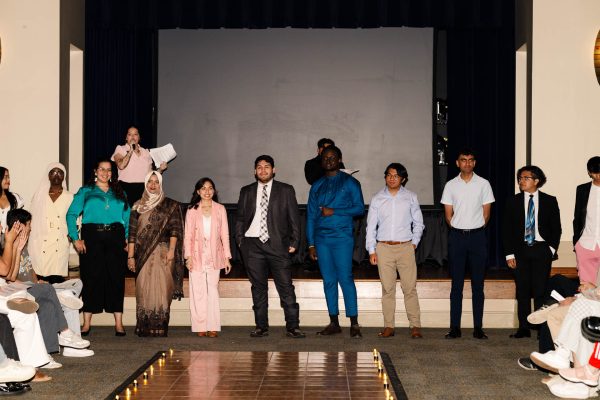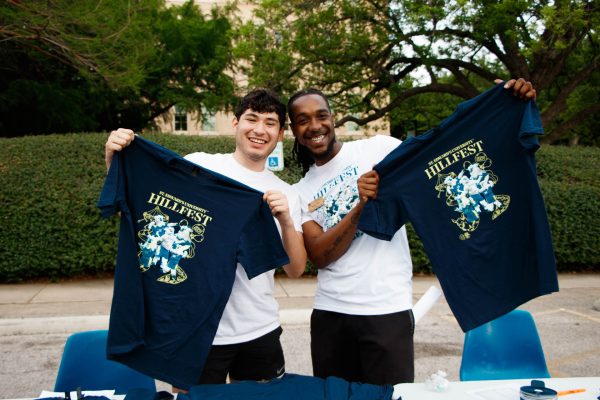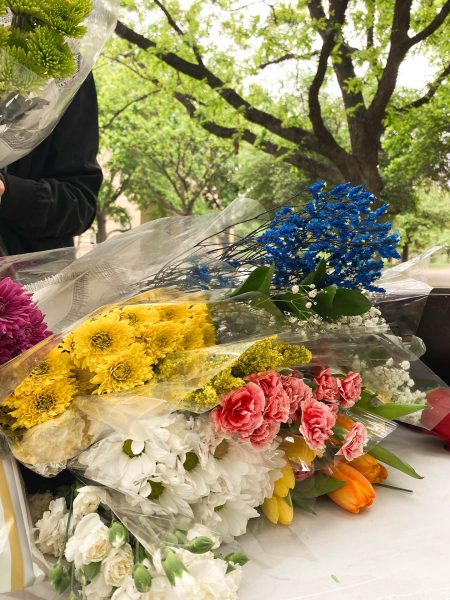Podcast ‘Whiting Wongs’ writes wrongs on issues of race, gender and identity
Within the last year, a seismic shift has occurred in the entertainment landscape. The exposure of Weinstein and other sexual assailants, the deep seeded power moves and one-sided dialogues about diversity have all lead to a fracture of the “golden age” status quo of the Hollywood system. Conversations about these topics are happening in the mainstream, people, both men and women, aren’t being forced into silence and a honest dialogue is the fulcrum of ushering in these changes.
“Whiting Wongs with Jessica Gao and Dan Harmon” is a new podcast that wants to explore these shifts through the point of view as writers working in the television industry. Gao is a writer on “Rick and Morty,” specifically as a credited writer on the sensational Pickle Rick episode. Harmon is the showrunner and co-creator of the animated show, as well as the host of a popular podcast, “Harmontown.”
The podcast began as a discussion of a problem in the Pickle Rick episode of the series. Gao wrote a specific character for the show, Dr. Wong, who was supposed to be played by an Asian actor. Instead, by coincidence, Susan Sarandon became available and was casted in the role. This was seen as an instance of giving specifically non-white roles to a white actress. The main thesis of the series is to explore these problems, and while claiming not to magical solve any of these problems.
Harmon allows Gao to take reins on the first couple of discussion of the podcast, providing specific examples of just how the experience of an Asian-American writer differs from Harmon’s own. Gao almost is providing a lecture or lesson to Harmon in the series on a different perspective than his of a straight white man. Not only does it provide specific course corrections of how the entertainment industry works, but it also provides a way for listeners, through Harmon, to understand problematic moments of ignorance or unintended stereotyping.
Even by focusing on these serious topics and questions of race relations and entertainment industry, Harmon and Gao retain their comedic chops that make the episodes both lively to listen to while thinking on higher levels about the topics at hand. Harmon employs a similar technique as on his other podcast to use jokes and humorous anecdotes to springboard into these more serious topics. His humor never comes off as meandering or suppressive, instead building off of Gao as a performing partner. It calls to mind the relationship one would think they have in the writer’s room during “Rick and Morty” seasons.
One interesting fact about the first three episodes of the season is that they were created in a vacuum, having been recorded, edited and released together. This gives a strong sense of cohesion between the three episodes, and they feel like parts of a larger conversation being had between the hosts, which really encapsulates the premise of the podcast. This is a directed and focused conversation between Harmon and Gao, and no outside forces are influencing the way the discussion is going. The fourth episode apparently deals with these reactions and outside voices, something that will prove fascinating to listen.
Overall, “Whiting Wongs” is a podcast that began with a clear, simple premise built out of two people’s desire to raise awareness of a changing trend of society. Harmon and Gao respectfully and comedic use one another as soundboards to discuss these nebulous topics, attempting not to solve the problems of race, but to shine a spotlight on the types of discussion that need to happen.


